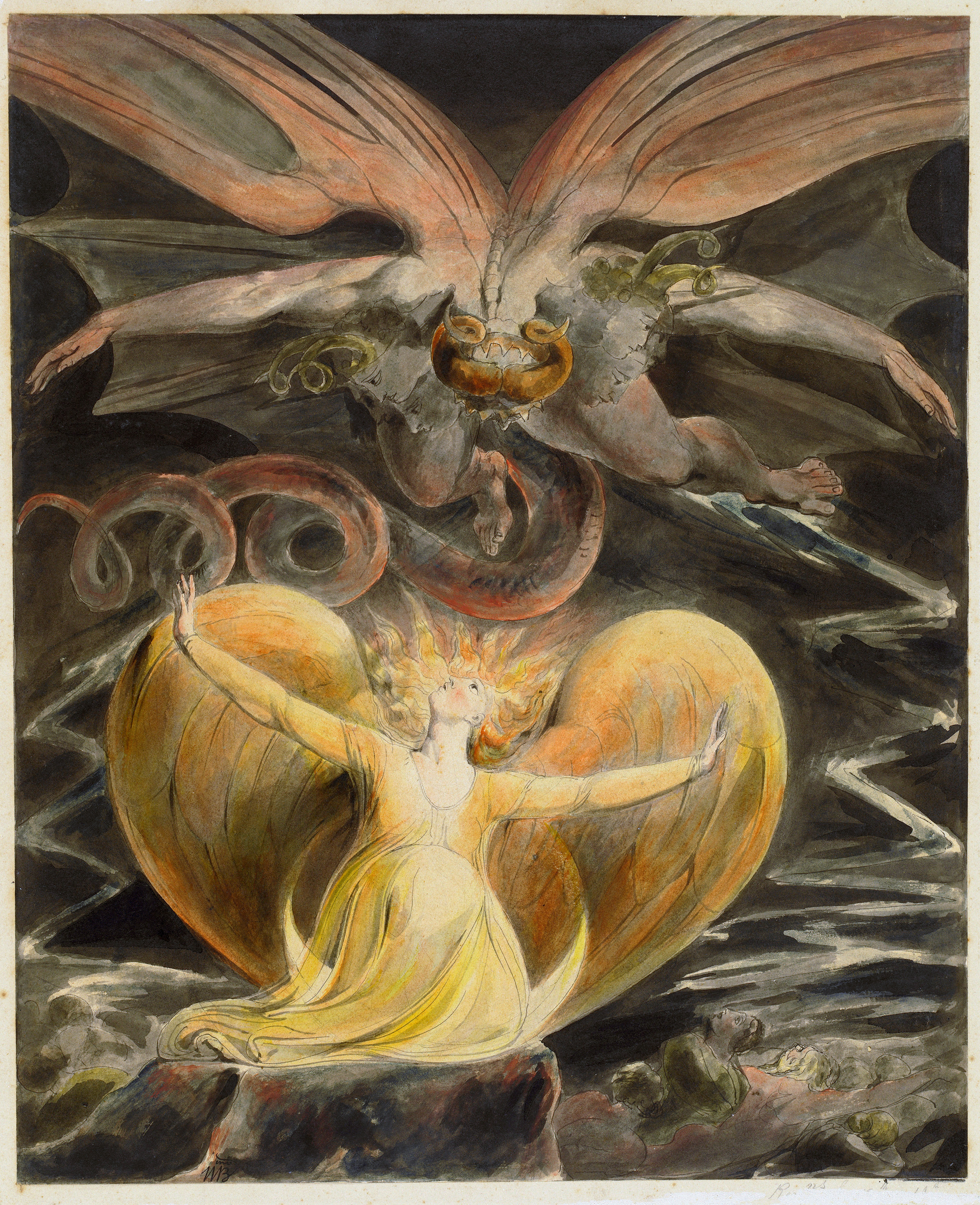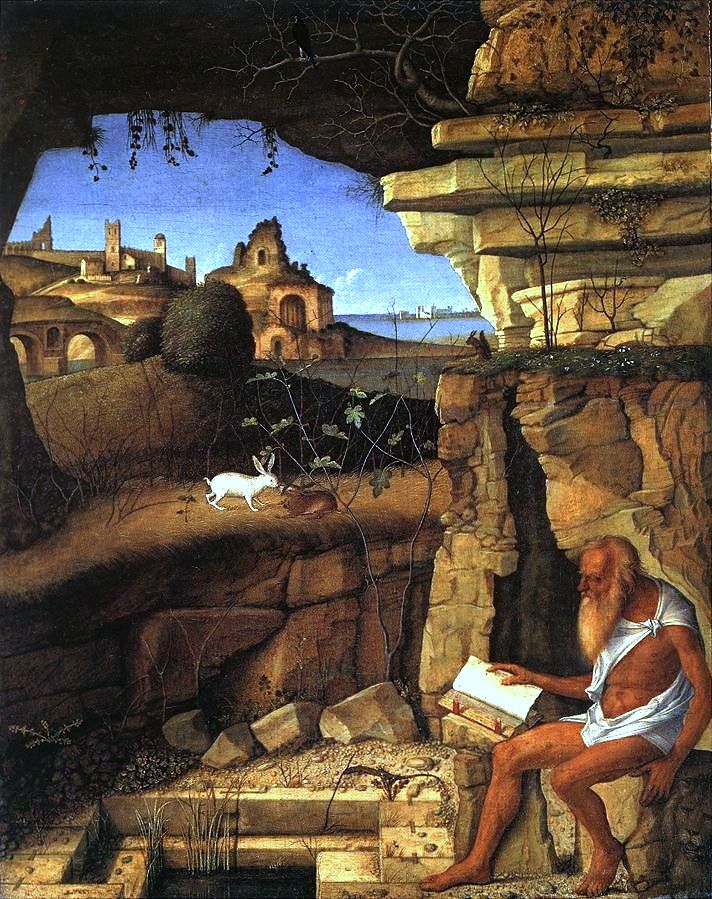
One final word.
I wanted to apply some of this thinking to an explanation of "Hey Rome." One of the concepts that has interested me lately is the fact that ours is the only persecuted religion that did not merely find a safe, uninhabited location to set up shop (e.g. Salt Lake City). Instead, Christ was crucified by Rome, then set up his Church in Rome. At the time, Rome had only one principle from which it derived its privilege and prominence, that of brute power. And this is the important thing: Christianity did not engage Rome on the playing field of this principle, the stacked deck of this principle. Christianity, in other words, did not beat Rome at its own game, did not engage its content.
In reading Camus's "Myth of Sisyphus," I've realized that he is almost entirely right, that he takes the questions raised by existentialism and modernity through to their most coherent conclusion. But this intellectual victory takes place inside the stacked deck of a certain line of thinking, the context in which this content is undeniably true. I can't quite describe the parameters of this context, but I know that, in addition its sole axiom being that of humiliated thought, it also is an overwhelmingly white male club.
I'm likening the unassailability of this philosophical position to the political one enjoyed by Rome.
It sometimes seems like we are going to live with this principle of humiliated thought--which sets the stage for the murderous dictatorship of relativism--forever, putting God and creation further and further in our rearview mirror until it altogether disappears.
I'm sure a lot of people felt the same way about Rome.
But could it be that Christ has a similar takeover in mind, one that will use the basic root and branch system established by the prior order? God uses Cyrus, Caiaphas, Rome, etc., why not juggernauts like Planned Parenthood or Dan Gilbert? I have come to believe that this is the mysterious way God operates; it is one of my most compelling reasons for belief right now. So much more definitive of a victory than beating down one's enemy.
What would it look like if the Church showed up, not in "the promised desert / wasteland that you set aside for me"--i.e. the postmodern version of Salt Lake City--but rather smack dab in the middle of the postmodern Rome of relativism, hyperreality, or whatever, metastasizing through all its mechanisms and making it entirely its own ("one day I'll make you my home sweet home")?
I think McLuhan had some ideas about the end of the Gutenbergian era with its stacked deck individualism, linear thinking, privacy, repression, detachment, specialization, modern militarism, etc.--all of which put non-Latin, Teutonic Europe in the driver's seat of modern history. McLuhan saw modern media as retribalizing us, and, if we can take his devout Catholicism as a data point in his philosophy, he saw the Church as the best bet for transitioning (back?) into this paradigm. Interestingly, he saw non-white peoples (bye bye northern European Übermensch and all your awful offspring) as being more able to capitalize on the values of this dawning era. Incidentally, he also believed that the new tribal values would ultimately be highly conservative but consensus, as they are in non-alphabetic, tribal societies.
Some I am sure are not finding any of this humorous or thought-provoking anymore. Facebook and Twitter pages have gotten very mirthless. Recent events have made almost everyone (myself included) take sides as drummers or warriors such that we can no longer comprehend one another (cf. Tower of Babel). But I continue to think what we are doing on all fronts is important.
I also hope some of this answers your questions about why we are engaging modernity so much. Although you may not like reading Sartre, Camus, Nietzsche, or Baudrillard like I do, you do like Don DeLillo, who work posits similar theses. I don't think that's because these musings "spark my intellect without engaging my soul." Rather, it's because we have the universe's most commodious frame, that we can comprehend everything "according to the whole." And that perhaps this is one small way in which God as "All in All" is made manifest. We want Rome, not Salt Lake City!
The idea is to keep hanging around getting fed to the lions until the emperor has a vision.






